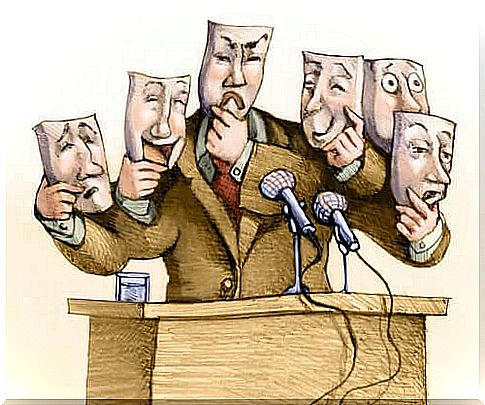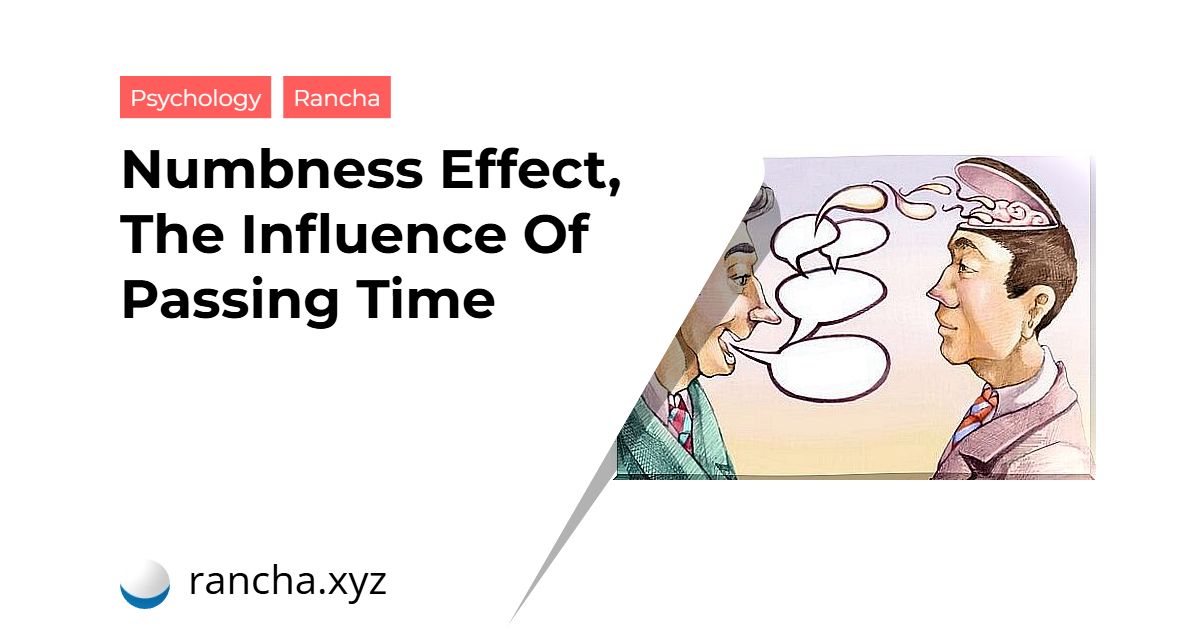When we persuade someone, we are urging them to do, feel, or think something. But what happens over time? More likely, the effect of this persuasion will weaken and increase the likelihood that others will stop doing, feeling, or thinking what we wanted to induce. But this reduction in the effects of persuasion, due to the influence of the passage of time, does not always occur. On certain occasions, exactly the opposite occurs, the numbness effect.
Thus, it may happen that a message intended to persuade us is not successful. However, the numbness effect makes this message influence us over time . Forgetting who was the source, the persuader, is quite common. Once we have forgotten who launched the message, its influence can increase, causing attitudes to change.
The duration of persuasive messages
When a persuasive message is launched with the intention of changing an attitude, the most effective time is right after it is delivered. As for the effectiveness of the message, it will persist as long as the message is remembered. Therefore, the more it is processed, the longer the persuasion will last .
But how to process something bigger than a message? Processing will depend, in part, on cognitive investment. The more cognitive resources invested in the message, the longer we are likely to remember it. Greater attention to the message, understanding what it conveys, reflecting on it, repeating it, commenting with other people, comparing it with other messages, the ease of being able to see it again, etc…

numbness effect
Sometimes a message becomes persuasive over time. Contrary to expectations, as we saw earlier, changes brought about by persuasion may take some time to appear . For the effects of persuasion to appear long after the persuasion’s message appears, certain conditions must exist. Among them we highlight:
- That the content of the message and peripheral signals separately affect the change of attitude. Furthermore, the content and peripheral signals must not influence each other. Peripheral signals are formed by everything that does not belong to the content of the message, however, which is still processed. One of the most important peripheral signals is credibility.
- Let the recipients of the message review them carefully. If the message is a text, recipients should read it carefully. Otherwise, if it is a spoken message, the receivers must, in addition to listening, understand what it transmits. In addition to analyzing it carefully, the recipients must be persuaded by it and store it in memory.
- That after receiving the message and being persuaded by it, at the first moment, the receivers pick up a signal that defeats the persuasion, a signal of rejection. For example, after listening to a journalist’s message carefully and accepting it because of the information it provides, the message will lose its persuasive effect if we think that the journalist lacks sufficient credibility.
- That, over time, the recipients of the message forget the effect of the rejection signal and end up forgetting the content of the message. Or that they keep remembering the content, but forget who gave them the message. In this case, the journalist who had little credibility.

The use of the numbness effect
The numbness effect is quite useful in persuading people who are initially very reluctant. The persuasion effects usually last for about six weeks. When we see commercials on television that encourage us to buy certain products, the content of the advertisements is often remembered longer than the brand of the company that advertised it. Or even the people who were the protagonists of the ad. Therefore, avoiding strengthening the dormancy effect is a tactic that can be used according to the interests.
If we consider that there is a dissociation over time between the message and the source, this is where the numbness effect occurs. Therefore, some companies choose to introduce similar messages periodically . This attitude is enough to stimulate memory and so that such dissociation, the numbness effect, does not occur. Thus, the actors in the advertisements are usually the same as in the previous one. If you forget who you were, credibility is lost. Instead, if it’s always the same, we’ll give it more credibility.
On other specific occasions, it is more interesting that the person forgets the credibility of the source , especially when it is down. In these cases, it is advisable to encourage the numbness effect. Many politicians with little credibility, due to their history, send their most important messages in a sparse manner. So, after posting a message, they expect people to forget that it was they who launched that message, but not forgetting the content of the message.
 rancha.xyz Be free to choose their own route to self-knowledge, health and balance of body and soul.
rancha.xyz Be free to choose their own route to self-knowledge, health and balance of body and soul.




